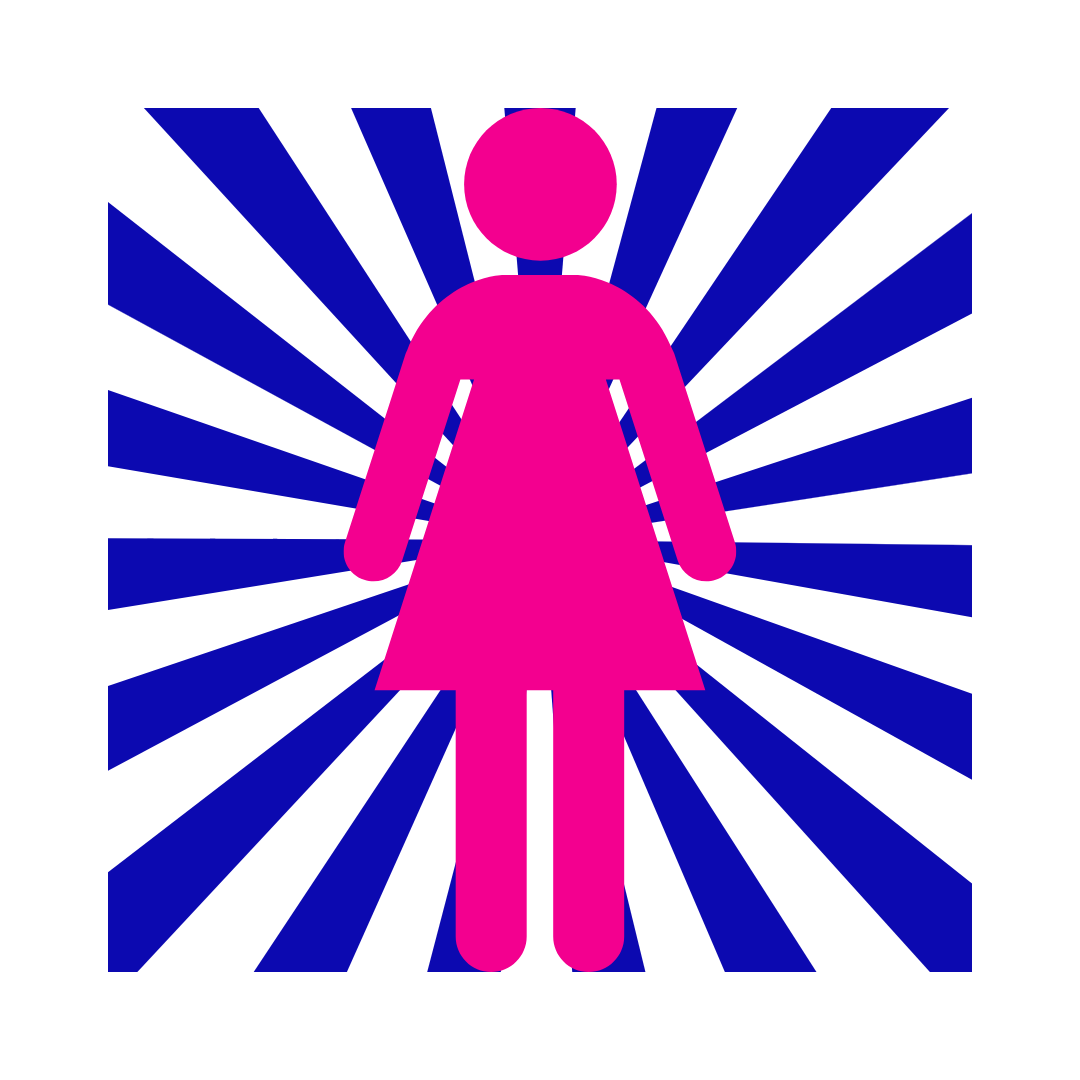Aston sought medical help after her symptoms—which included severe migraines, abdominal pain, joint dislocations, easy bruising, iron deficiency, fainting, tachycardia, and multiple injuries—began in 2015, per the New Zealand Herald. She was referred to Auckland Hospital, where a doctor accused her of causing her own illness. Because of his accusations, Aston was placed on psychiatric watch.
Research suggests women are often much more likely to be misdiagnosed than men. A 2009 study of patients with heart disease symptoms found 31.3 per cent of middle-aged women “received a mental health condition as the most certain diagnosis”, compared to just 15.6 per cent of their male counterparts. Additionally, a 2020 study found that as many as 75.2 per cent of patients with endometriosis—a painful disorder that affects the tissue of the uterus—had been misdiagnosed after they started experiencing endometriosis symptoms. Among those women, nearly 50 per cent were told they had a “mental health problem”.



There isn’t a publicly available ai for medical issues (and even assuming there ever will be, it won’t be for a long long time) so if you’re asking any of the publicly accessible ai for medical advice then I’m sorry but that is clinically stupid. And any medical based ai that currently exists is going to be very flawed in various ways, and no better than a human, probably worse in a lot of ways, hence why we don’t use them on a widespread basis.
Also current “ai” isn’t super intelligent by any metric, they’re just specialized algorithms. We don’t have the kind of sci fi AI you see in movies yet, we only have narrow AI atm, which are just pattern recognition learning algorithms, they don’t mimic a human thought process.